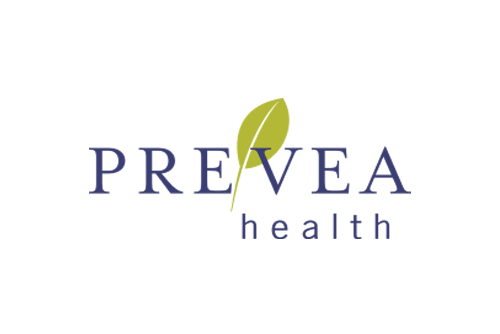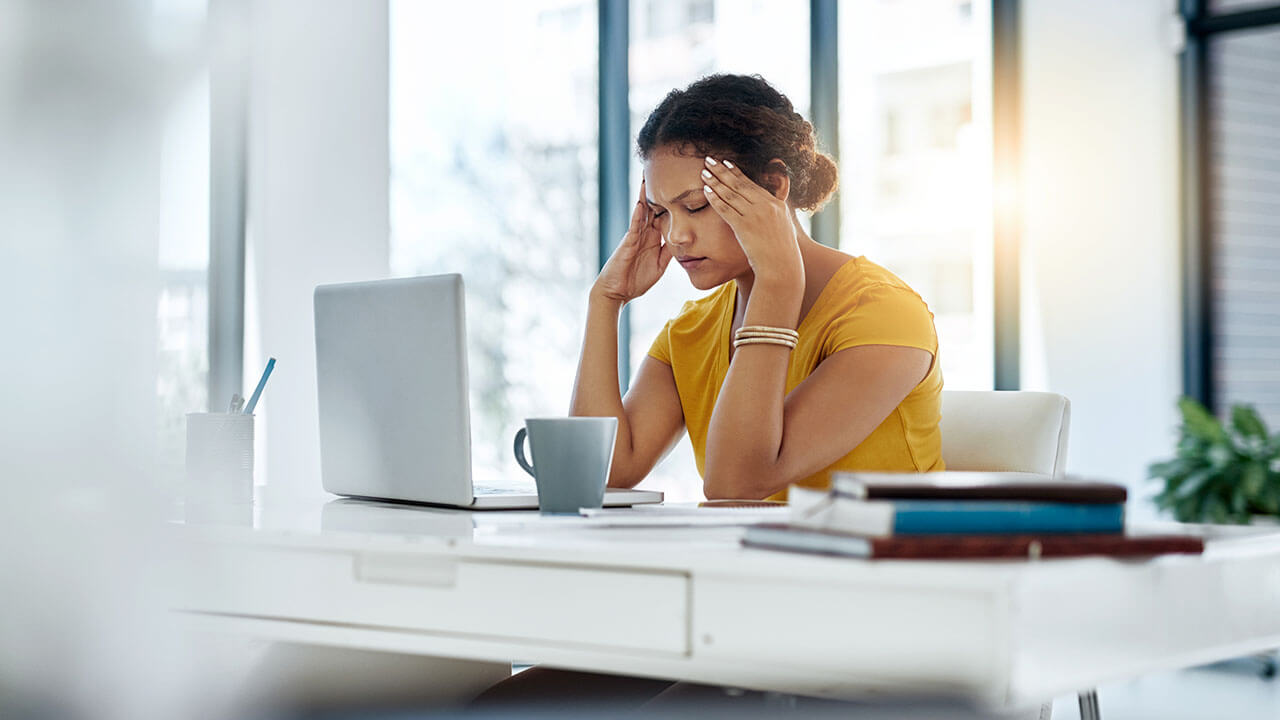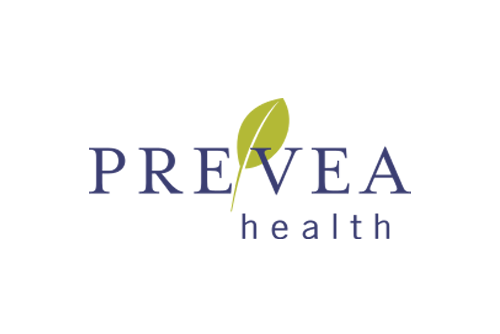Most people deal with an occasional mild headache and can get rid of them by taking an over-the-counter pain reliever. However, if headaches come on frequently or become extremely painful, you may start to wonder what’s causing them or maybe you’re interested in exploring some natural ways to relieve the throbbing pain.
For extremely severe and chronic headaches, it’s important to understand migraines and always talk to your doctor to get their advice and determine if you should be evaluated.
There are a number of things that can cause headaches, including but not limited to:
Relaxation is important for our health in many ways, but spending too much time idle can have negative consequences. In addition to staying in shape, regular exercise can have many benefits, especially for those who deal with frequent headaches and migraines.
So, shake it off! Research has found that regular exercise can work just as well as a commonly prescribed migraine medication in preventing migraines for some. Exercise has been proven to bring more oxygen to the brain and release pain fighting endorphins. In addition, regular mild exercise can reduce stress, increase blood flow, curb anxiety and depression and reduce the severity and frequency of tension headaches and migraines.
Movement is a great way to fight migraines and if you haven’t been physically active in a while, here are some ideas to get active. You can also check out these cardio exercise ideas or core exercises. Always talk to your doctor before getting started. Your body and brain will thank you!
If possible, dim the lights. When necessary, lay down in a dark room.
Essential oils aren’t for everyone. If they appeal to you, peppermint and lavender may be options.
For extremely severe and chronic headaches, it’s important to understand migraines and always talk to your doctor to get their advice and determine if you should be evaluated.
What causes headaches?
There are a number of things that can cause headaches, including but not limited to:
- Stress.
- Muscle tension.
- Foods.
- Dehydration.
- Lack of exercise.
- Medications.
- Hormone changes.
- Weather changes.
- High altitudes.
- Underlying medical conditions such as eyesight or sinuses and other illness.
Natural ways to relieve headaches
Exercise
Relaxation is important for our health in many ways, but spending too much time idle can have negative consequences. In addition to staying in shape, regular exercise can have many benefits, especially for those who deal with frequent headaches and migraines. So, shake it off! Research has found that regular exercise can work just as well as a commonly prescribed migraine medication in preventing migraines for some. Exercise has been proven to bring more oxygen to the brain and release pain fighting endorphins. In addition, regular mild exercise can reduce stress, increase blood flow, curb anxiety and depression and reduce the severity and frequency of tension headaches and migraines.
Movement is a great way to fight migraines and if you haven’t been physically active in a while, here are some ideas to get active. You can also check out these cardio exercise ideas or core exercises. Always talk to your doctor before getting started. Your body and brain will thank you!
Drink it up
- Water. Remember to stay well hydrated, and drink plenty of plain water throughout the day to help prevent headaches and migraines, or other problems caused by dehydration. It is recommended that adults drink half of their body weight in ounces of water each day to stay hydrated and feeling your best. If you weigh 170 pounds, that’s 85 ounces of water.
- Caffeine. If you tolerate caffeine, drinking caffeine may help increase blood flow and oxygen to the brain. Moderation is key with caffeine. Drinking caffeine daily can dehydrate the brain, causing headaches.
- Avoid alcohol.
Sleep
Getting adequate sleep is important to your overall health, which includes alleviating headaches.
Ice, heat and head pressure
- Try using a cold pack, heating pad or warm compress on your head, neck our upper back.
- If you have long hair and you wear it up, try taking it down to relief pressure on your head and scalp. This same concept can be applied to hats or headbands too.
Turn down the light
If possible, dim the lights. When necessary, lay down in a dark room.
Essential oils
Essential oils aren’t for everyone. If they appeal to you, peppermint and lavender may be options.
- Peppermint can have a cooling effect that helps some people reduce tension headaches. Peppermint oil can be applied to your temples or try sipping on peppermint tea.
- Lavender can have a calming effect on people, which may reduce pain. You can release lavender into the air and breathe it in through an essential oil diffuser. You can also try lavender-infused pillows or the like.



